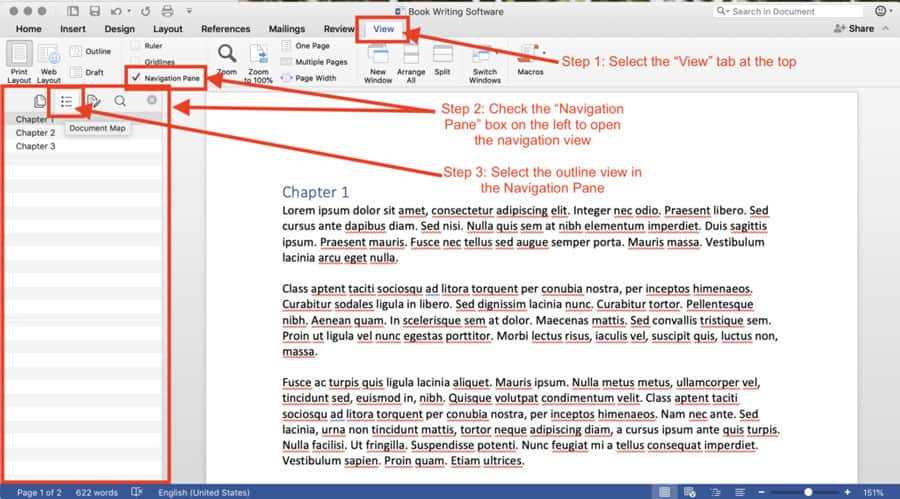AppliMarkets: Your Go-To Resource for App Insights
Explore the latest trends, reviews, and tips in mobile applications.
Write Your Way to Code: Software That Helps You Think
Unlock your coding potential! Discover how writing tools can enhance your programming skills and boost your problem-solving abilities.
Unlocking Creativity: How Writing Enhances Software Development
Unlocking Creativity: The intersection of writing and software development is often overlooked in the tech industry, yet it plays a crucial role in enhancing creativity. Writing encourages developers to articulate their ideas clearly, leading to improved communication within teams. By regularly documenting code, creating user stories, and crafting development proposals, software developers can refine their thoughts and lend clarity to complex concepts. This practice not only aids in collaborative projects but also encourages a deeper understanding of the technical challenges at hand, allowing for innovative solutions to emerge.
Moreover, engaging in writing fosters a creative mindset that can significantly impact software innovation. When developers embrace writing as a tool for exploration, they open doors to new perspectives and methodologies. Techniques like jotting down brainstorming sessions, maintaining development journals, or even blogging about programming challenges can spark new ideas and enhance problem-solving skills. By integrating writing into their routine, developers cultivate a culture of creativity that ultimately leads to more robust and versatile software solutions.

The Power of Words: Writing Techniques to Improve Your Coding Skills
Words wield tremendous power, especially when it comes to enhancing your coding skills. By employing effective written communication techniques, you can clarify your thought processes, making it easier to tackle complex programming challenges. One approach to consider is the use of comments in your code—these act as mini documentation that not only help others understand your work but also allow you to articulate your own logic and reasoning. Another technique is to maintain a consistent naming convention for your variables and functions, which fosters clarity and readability in your code, aiding both your understanding and that of your peers.
Furthermore, practicing the art of technical writing can significantly enhance your coding capabilities. When you write out explanations of algorithms or document your projects, you are not just sharing knowledge; you are also solidifying your own understanding. Consider starting a coding blog where you write about various coding concepts or problem-solving strategies. This practice not only improves your writing skills but also reinforces your learning, as teaching is one of the most effective ways to master a subject.
Can Writing Improve Your Problem-Solving in Programming?
Writing is not just a means of communication; it can also be a significant tool for enhancing problem-solving abilities in programming. By documenting your thought process and coding challenges in written form, you create a structured way to analyze problems. This habit encourages a deeper understanding of the logic behind your code, allowing you to break down complex issues into manageable components. Furthermore, taking the time to articulate your ideas can lead to the discovery of new insights and solutions that may not have been apparent during the coding process.
Additionally, engaging in regular writing practices, such as keeping a programming journal or blogging about your coding experiences, can help solidify your knowledge. When you write about challenges you encounter and the solutions you devise, you reinforce your learning and make it easier to revisit concepts later. This iterative process not only improves your problem-solving skills but also enhances your ability to communicate effectively with others. In programming, where collaboration is often essential, being able to clearly explain your thought process can lead to more efficient teamwork and innovative solutions to complex problems.